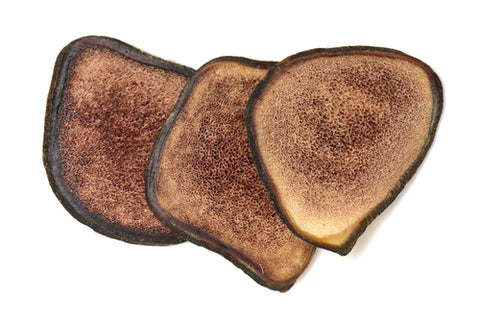Journal
Hemp vs. Cannabis: Unveiling the Intoxicating Differences of CBD and THC

Hemp and cannabis, while often confused, are distinct plants with varying properties. Hemp is primarily used for industrial purposes (textiles, rope, etc.) and its seeds offer nutritional benefits. Cannabis, on the other hand, contains high levels of intoxicating cannabinoids like THC and CBD.
Both THC and CBD interact with the body's endocannabinoid system, but their effects differ. THC primarily causes the "high" associated with cannabis, while CBD, although not as psychoactive, can still induce intoxication and has potential therapeutic effects. However, research suggests these therapeutic claims are often exaggerated, and CBD's intoxicating and detrimental effects, such as neurological, mood, cardiovascular, reproductive, cognitive, and metabolic issues, may outweigh any potential benefits.
The FDA has raised concerns about CBD's safety, particularly its long-term use, potential liver damage, drug interactions, and harm to the male reproductive system. As such, existing regulations do not permit CBD in supplements or food.
Consumers must be aware of the differences between hemp and cannabis and make informed decisions about CBD consumption, considering both its potential benefits and risks.
Deer Antler Velvet for Muscular Strength and Endurance

A 2003 study showed results that deer antler velvet assisted trainees with promoting muscular strength and endurance over a ten week period of supervised training.
Deer Antler Velvet Study for Bone Health

In 2015, a study was done with genetically similar human-like lab rats to determine if supplementation with deer antler velvet is good for maintaining and promoting bone health.
